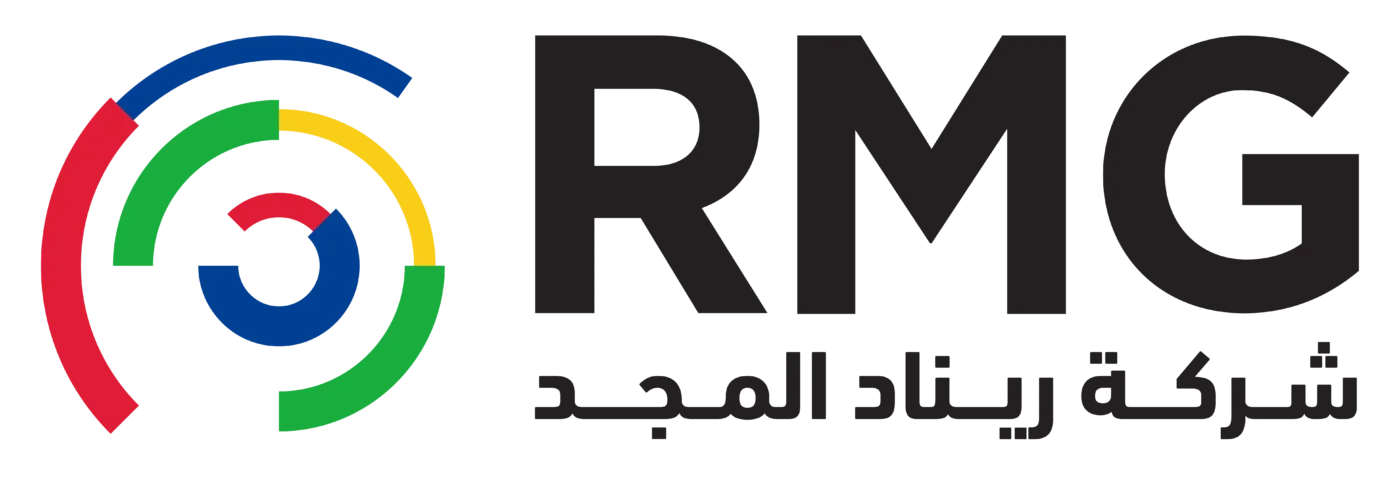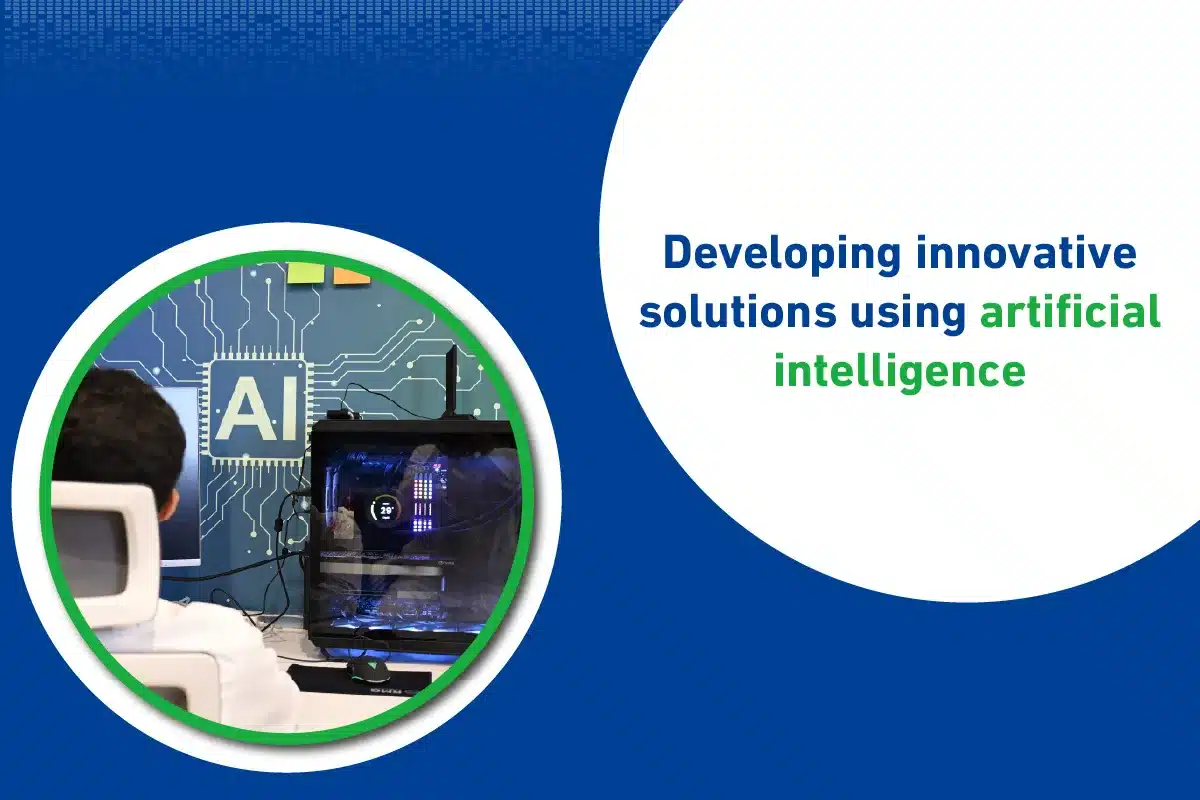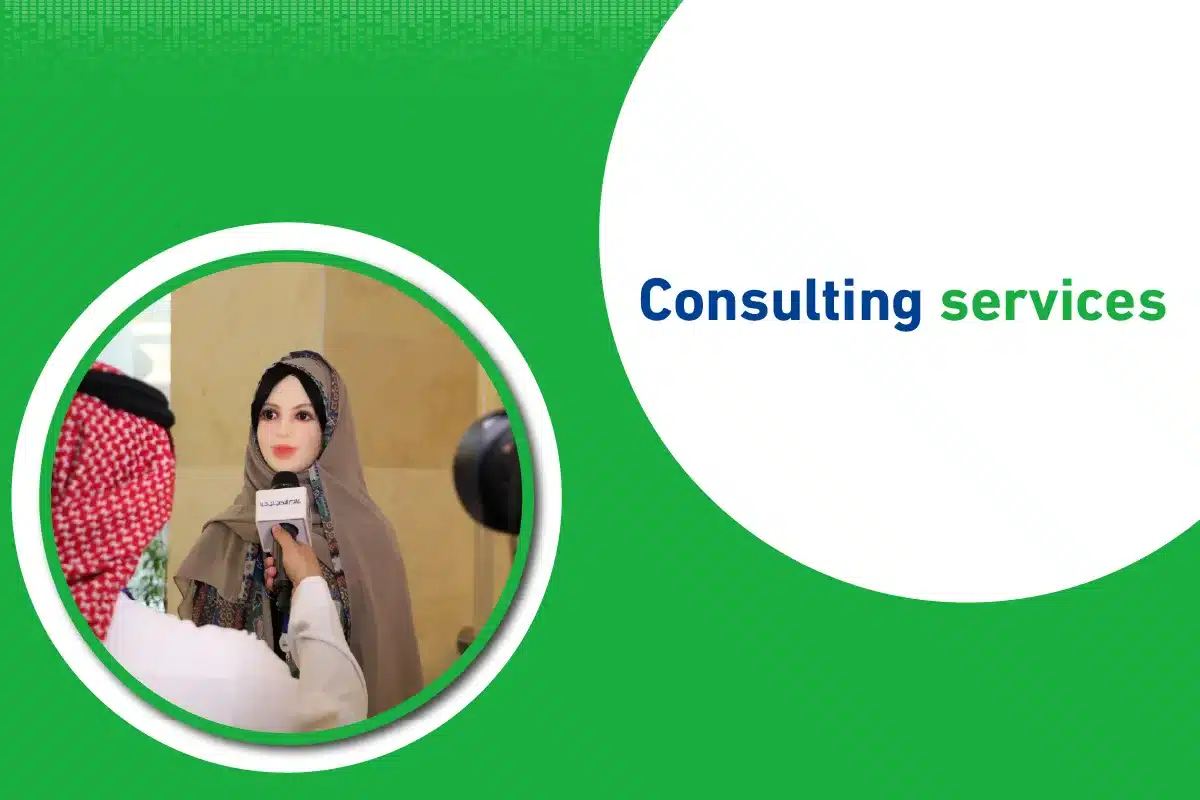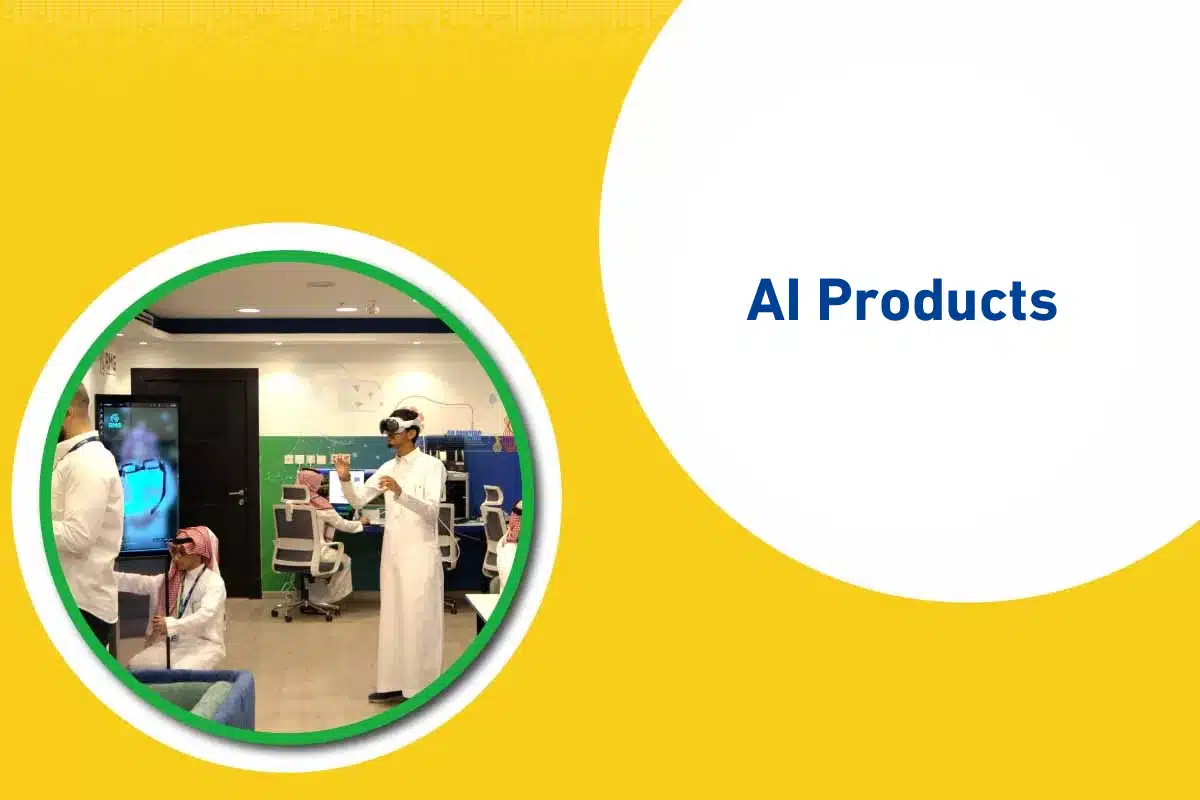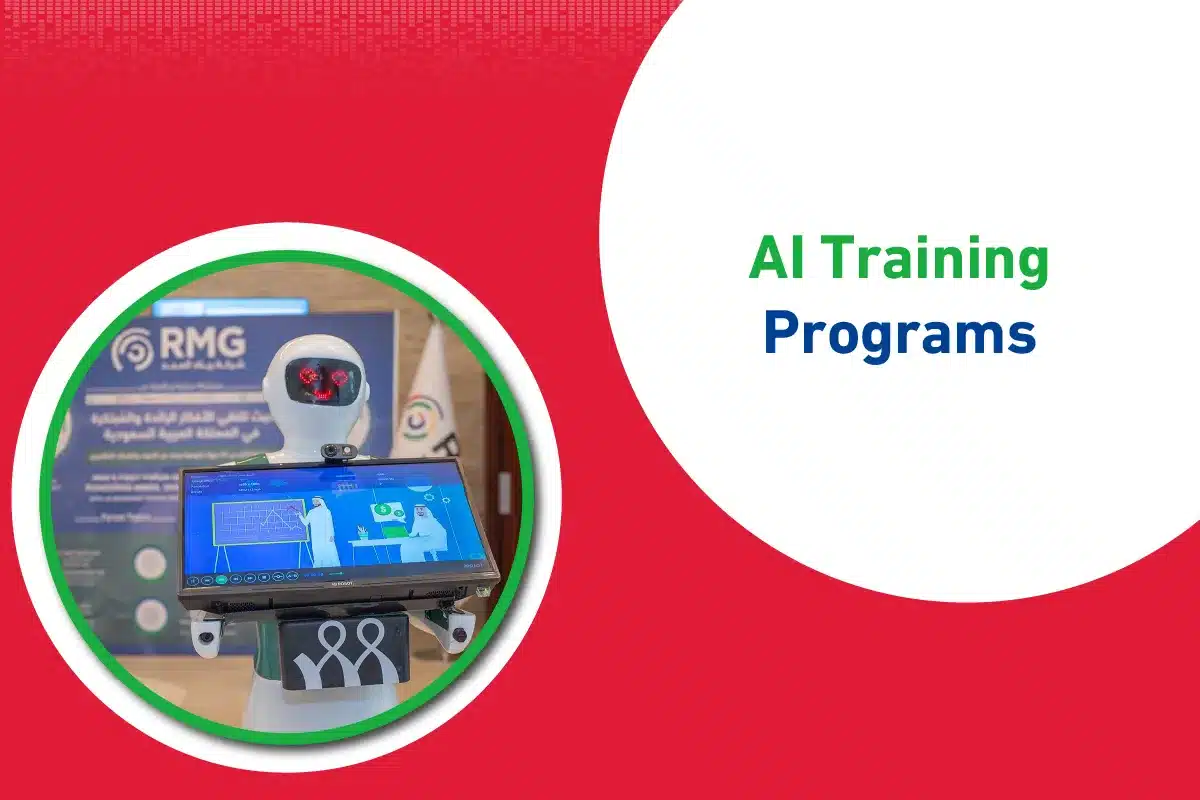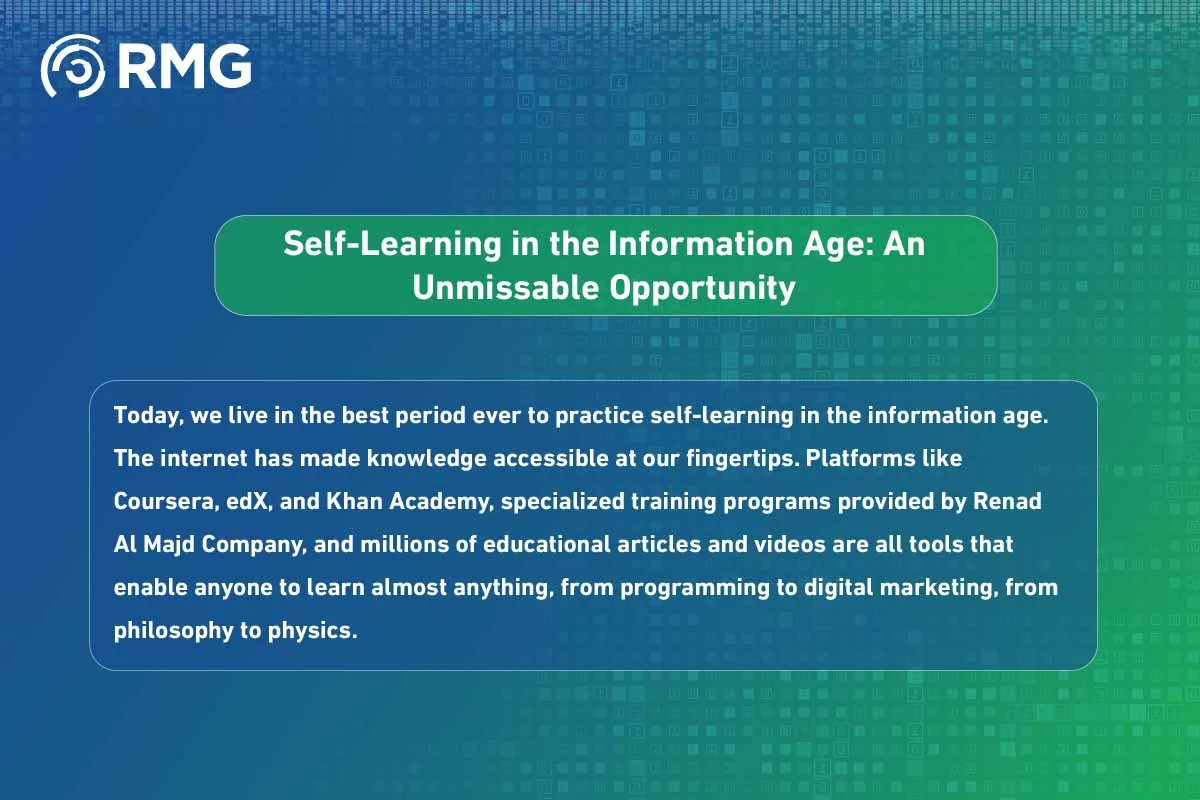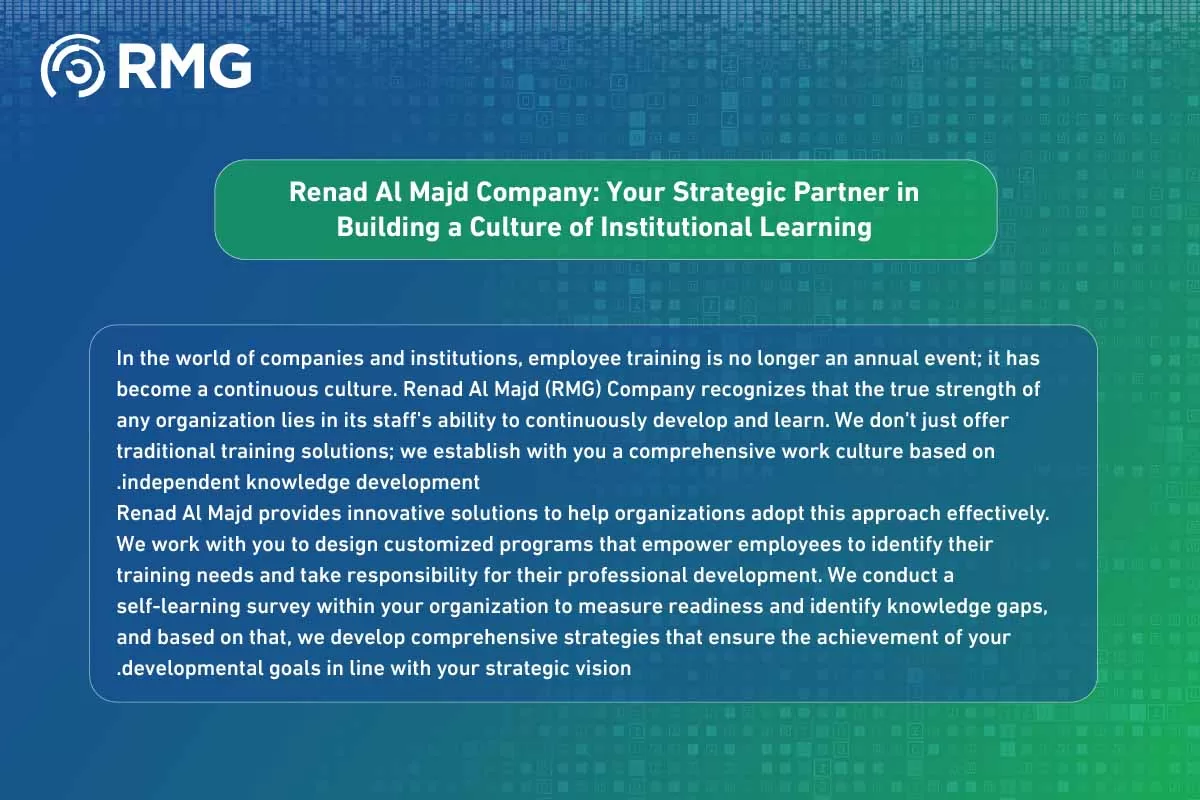Blog Body
Discover the power of self-learning and how to build a successful career path with it. This is your comprehensive guide to the best strategies and tools for development in the information age, and how Renad Al Majd Company can lead you toward institutional excellence.
The Key to Success in a Changing World
In the midst of rapid digital acceleration and continuous changes in the job market, traditional education is no longer sufficient to keep pace with future demands. This is where the concept of self-learning emerges, not as an option, but as an absolute necessity for every individual and organization aspiring to leadership and growth. It’s the primary driver that grants you the flexibility to adapt, the ability to acquire new skills, and the power to stay at the forefront of competition. In this comprehensive guide, we’ll delve into the depths of this concept, explore its strategies, and answer all your questions to provide you with a clear roadmap towards mastering the art of lifelong learning.
What is Self-Learning? A Comprehensive and Simplified Definition
It is the process by which an individual takes the initiative to diagnose their learning needs, set their goals, select appropriate knowledge sources, apply effective strategies, and evaluate their results independently. It’s a personal journey driven by curiosity and a desire for development, where the learner is the leader and primary driver of their learning process. This approach breaks the constraints of time and place, making knowledge accessible to everyone, anytime.
The Difference Between Self-Learning and Traditional Learning: Which Serves Your Future?
To understand the true value of this approach, it’s essential to compare it with the traditional model. The difference between self-learning and traditional learning lies in several fundamental aspects:
- Leadership and Initiative: In the traditional model, the teacher leads the learning process. However, in self-directed learning, the learner takes full initiative.
- Flexibility: Formal education is constrained by a fixed curriculum and timetables, whereas this method offers absolute flexibility in choosing topics, determining study pace, and selecting resources.
- Content: Content in school education is often standardized for everyone. In contrast, independent knowledge development allows for content customization to directly meet individual needs and interests.
- Motivation: Success in self-learning largely depends on internal motivation and a genuine desire for knowledge, making skill acquisition deeper and more sustainable.
Goals of Self-Learning: Why Should You Start Your Journey Today?
The pursuit of knowledge independently is not an end in itself, but a means to achieve higher goals. The goals of self-learning include:
- Professional Development: Acquiring new skills or improving existing ones to remain competitive in the job market and secure promotions.
- Personal Growth: Expanding intellectual horizons, building self-confidence, and achieving self-satisfaction.
- Adapting to Change: Keeping pace with rapid technological and economic developments.
- Problem Solving: Possessing the ability to seek innovative solutions for personal and professional challenges.
- Achieving Intellectual Independence: Building the ability to think critically and make informed decisions based on solid knowledge.
Foundations and Essential Self-Learning Skills for Success
For your self-learning system to be effective, it must be built on solid foundations and a set of vital skills.
Foundations of Self-Learning
- Curiosity and Passion: A genuine desire to explore the unknown and ask questions.
- Self-Discipline: The ability to adhere to the learning plan and resist distractions.
- Responsibility: Recognizing that you are solely responsible for the results of your learning journey.
Summary of Self-Learning Skills
To achieve success, you must hone the following self-learning skills:
- Goal Setting: The ability to set clear, measurable, and realistic goals.
- Time Management: Organizing your schedule to allocate enough time for study.
- Research Skills: Mastering the art of finding and evaluating reliable information.
- Critical Thinking: Analyzing and deconstructing information instead of merely consuming it.
- Self-Assessment: The ability to evaluate your progress and identify weaknesses to work on.
How is Self-Learning Done? Practical Steps to Build an Effective System
It might seem complicated at first, but the answer to “How is self-learning done?” can be summarized in practical steps:
- Determine “Why”: Before you begin, ask yourself: “Why do I want to learn this?” Having a clear goal is your strongest motivator.
- Create an Action Plan: Build a roadmap. What are the main topics you will cover? What sub-skills do you need?
- Gather Your Resources: Look for books, online courses (MOOCs), articles, videos, and podcasts.
- Use a Self-Learning Schedule Strategy: Dedicate fixed times in your week for studying and stick to them.
- Apply What You Learn: Knowledge without application quickly evaporates. Create small projects, or explain concepts to others.
- Evaluate and Review: Periodically review what you’ve learned and test your understanding. Don’t hesitate to adjust your plan based on your progress.
Self-Learning Strategy: Your Tools for Maximum Benefit
Having a clear self-learning strategy transforms random efforts into tangible results. One of the most important strategies is building a self-learning schedule. This schedule is not just a to-do list; it’s a commitment to yourself.
Importance of a Self-Learning Schedule Strategy
Following a self-learning schedule strategy helps you:
- Create a Habit: Transforming knowledge acquisition from an intermittent activity into an integral part of your routine.
- Measure Progress: You can easily see what you’ve accomplished and what’s left.
- Overcome Procrastination: Having a deadline or a specific time makes you more committed.
Advantages and Disadvantages of Self-Learning: A Balanced View
Like any other approach, it’s important to review the advantages and disadvantages of self-learning objectively.
Key Advantages
- Unmatched Flexibility: Learn at your own pace, at the time and place you choose.
- Cost-Effectiveness: Many resources are available for free or at very low cost compared to formal education.
- Development of Vital Skills: Builds valuable skills such as discipline, problem-solving, and time management.
Challenges and How to Overcome Them
- Procrastination and Lack of Motivation: Can be overcome by setting small, clear goals and rewarding yourself upon achievement.
- Lack of Guidance: This can be compensated for by joining online learning communities or finding a mentor.
- Difficulty in Assessing Progress: Use self-tests, seek feedback from experts, and build practical projects.
Self-Learning in the Information Age: An Unmissable Opportunity
Today, we live in the best period ever to practice self-learning in the information age. The internet has made knowledge accessible at our fingertips. Platforms like Coursera, edX, and Khan Academy, specialized training programs provided by Renad Al Majd Company, and millions of educational articles and videos are all tools that enable anyone to learn almost anything, from programming to digital marketing, from philosophy to physics.
Renad Al Majd Company: Your Strategic Partner in Building a Culture of Institutional Learning
In the world of companies and institutions, employee training is no longer an annual event; it has become a continuous culture. Renad Al Majd (RMG) Company recognizes that the true strength of any organization lies in its staff’s ability to continuously develop and learn. We don’t just offer traditional training solutions; we establish with you a comprehensive work culture based on independent knowledge development.
Renad Al Majd provides innovative solutions to help organizations adopt this approach effectively. We work with you to design customized programs that empower employees to identify their training needs and take responsibility for their professional development. We conduct a self-learning survey within your organization to measure readiness and identify knowledge gaps, and based on that, we develop comprehensive strategies that ensure the achievement of your developmental goals in line with your strategic vision.
Why Should Your Organization Partner with Renad Al Majd?
We invite all government, private, and non-profit entities seeking to achieve excellence and build a sustainable future to partner with Renad Al Majd Company. Why us?
- Specialized Expertise: We have a team of experts in designing and implementing modern institutional learning strategies.
- Customized Solutions: We believe that every organization is unique. Therefore, we design our programs to suit your specific culture and goals.
- Impact Measurement: We don’t just implement programs; we provide tools to measure the return on investment in learning, ensuring tangible results in performance and productivity.
- Internal Capacity Building: Our goal is to empower your teams to lead the learning process themselves, creating a sustainable learning culture that doesn’t depend on external intervention.
Your Smartest Investment in the Future
In conclusion, self-development through knowledge acquisition is not just about gaining information; it’s a mindset and a way of life. It’s the smartest investment you can make in yourself or your organization. By understanding its foundations, mastering its skills, and adopting its effective strategies, you open the door to countless opportunities for growth and development. Start your journey today, and be the architect of your professional future.
Invest in your most valuable assets – your human resources. Contact Renad Al Majd Company today, and let us help you transform your organization into a leading learning organization, capable of facing future challenges with confidence and innovation.
